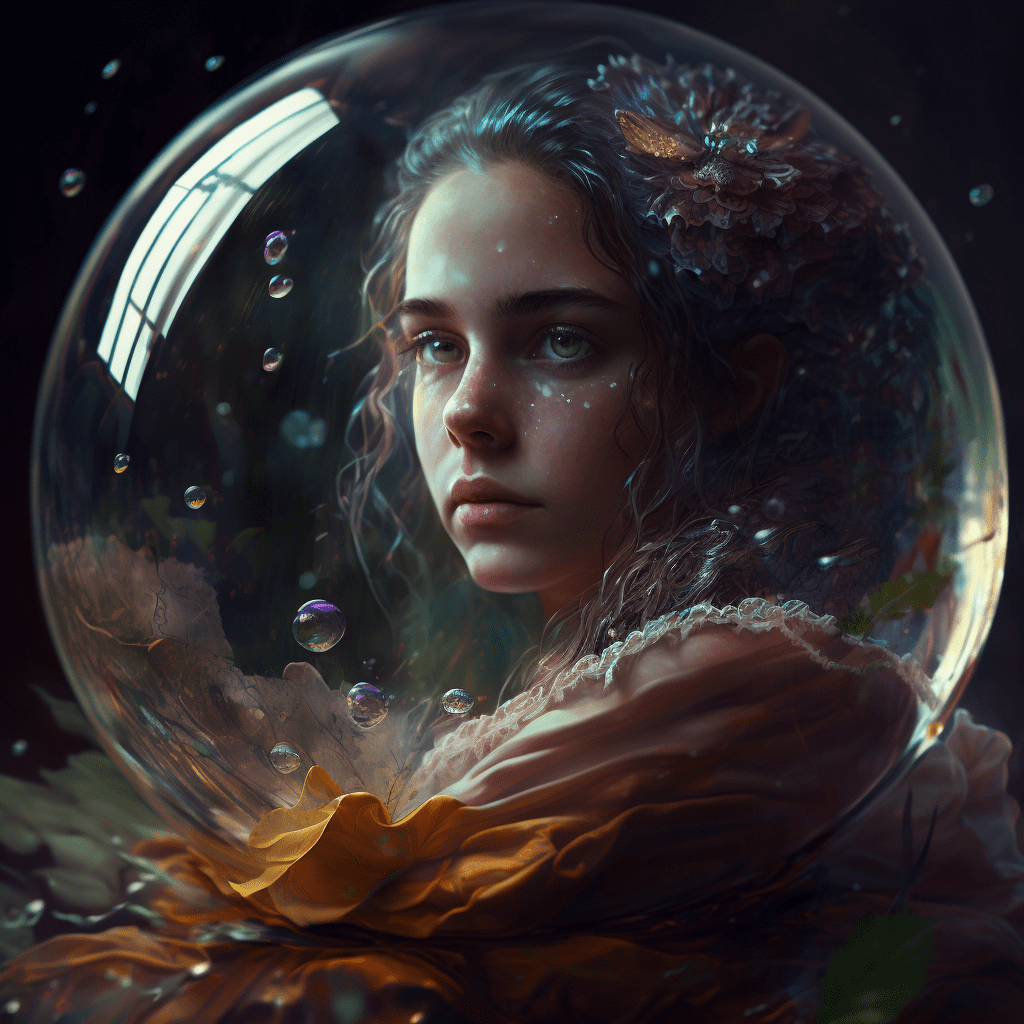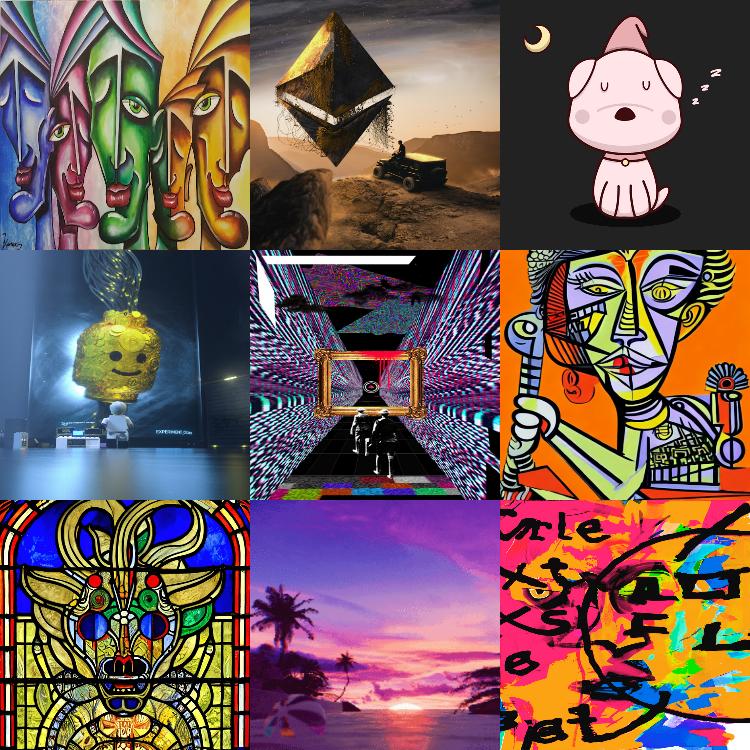Non-Fungible Tokens (NFTs) have been making waves in the art world recently, but their potential extends far beyond the realm of digital collectables. NFTs use blockchain technology to represent ownership and authenticity of a unique digital asset, providing a new level of security and transparency to the digital world.
In the future, NFTs have the potential to revolutionize various industries and transform the way we think about ownership, value, and authenticity.
Gaming Industry
One area where NFTs are poised to have a significant impact is the world of gaming. Currently, in-game items and currency have no real-world value, and players do not truly own the virtual assets they purchase. With the use of NFTs, gamers will be able to truly own and trade virtual items, providing a new level of value and investment in the gaming experience. NFTs could also allow for more equitable and decentralized gaming economies, where players have control over the value of their in-game assets and can trade with others directly, without going through a central authority.

Music Industry
Another industry that could be disrupted by NFTs is the music industry. Currently, musicians receive only a small percentage of the revenue generated by their music, with the majority going to record labels and streaming platforms. NFTs provide a new way for musicians to directly monetize their work and connect with fans, by selling unique and exclusive experiences, such as live concerts or behind-the-scenes access. Musicians could also use NFTs to release limited edition merchandise, such as signed album covers or exclusive merchandise bundles, providing fans with unique collectable items that increase in value over time.

Art World
The art world is another industry that could be greatly impacted by NFTs. Currently, there are many challenges in the art market, including issues with authenticity, provenance, and ownership. NFTs offer a new way to verify and prove ownership of digital artworks, making it easier for artists to sell their work and for collectors to purchase with confidence. In the future, NFTs could also provide new avenues for artists to create and distribute their work, with the potential for decentralized and community-driven art markets, where artists have more control over the value and distribution of their work.

Intellectual properties
Another area where NFTs have the potential to have a significant impact is in the realm of intellectual property rights. NFTs could provide a new way for creators to protect and monetize their work, by using blockchain technology to verify and prove ownership. This could be particularly useful for content creators, such as writers, photographers, and videographers, who currently struggle with protecting and monetizing their work in the digital age. NFTs could also provide new ways for media companies to distribute and monetize their content, by offering exclusive and collectable experiences, such as behind-the-scenes access or limited-edition merchandise.

Conclusion
In conclusion, the potential applications of NFTs are vast and far-reaching, and their impact on various industries is only beginning to be seen. NFTs provide a new level of security, transparency, and ownership to the digital world, and have the potential to revolutionize the way we think about value, authenticity, and ownership. Whether in gaming, music, art, or intellectual property rights, NFTs have the potential to provide new and innovative ways for creators to monetize their work and for consumers to connect with and experience the things they love. As technology develops and becomes more accessible, the future of NFTs looks bright, and it will be exciting to see how they continue to shape and impact various industries in the coming years.



